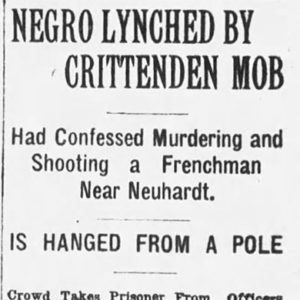 Warren Fox Lynching Article
Warren Fox Lynching Article
Time Period: Early Twentieth Century (1901 - 1940) - Starting with F
 Warren Fox Lynching Article
Warren Fox Lynching Article
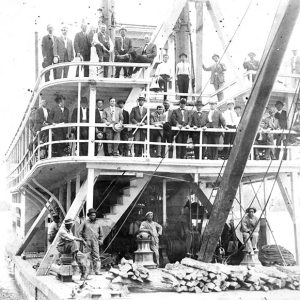 Frank R. Hill Steamboat
Frank R. Hill Steamboat
 Franke's Cafeteria
Franke's Cafeteria
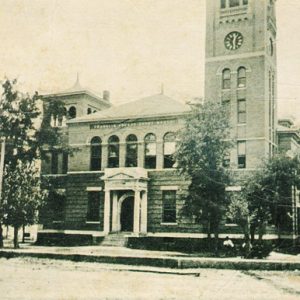 Franklin County Courthouse
Franklin County Courthouse
Franklin County Courthouse, Southern District
Franklin, Connie (Alleged Murder of)
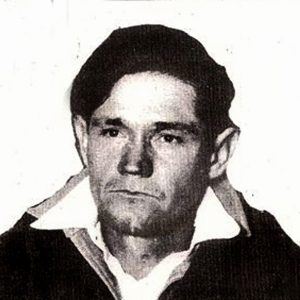 Connie Franklin
Connie Franklin
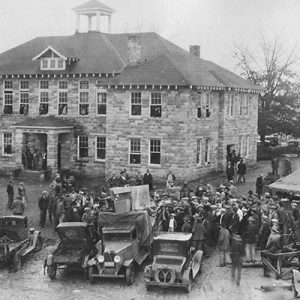 Connie Franklin Trial
Connie Franklin Trial
Franklin, Monroe (Lynching of)
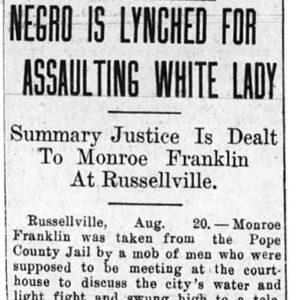 Monroe Franklin Lynching Article
Monroe Franklin Lynching Article
 Frauenthal House
Frauenthal House
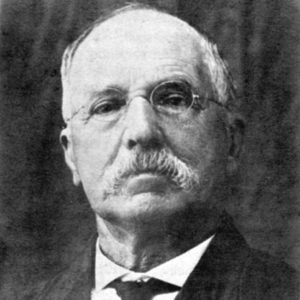 Max Frauenthal
Max Frauenthal
Frauenthal, Samuel
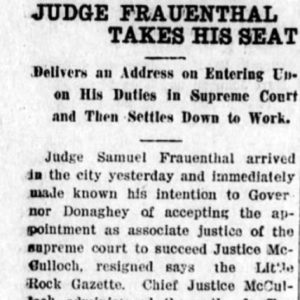 Samuel Frauenthal Address
Samuel Frauenthal Address
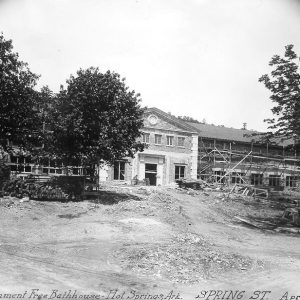 Free Bathhouse Construction
Free Bathhouse Construction
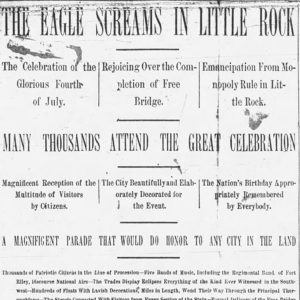 Free Bridge Flyer
Free Bridge Flyer
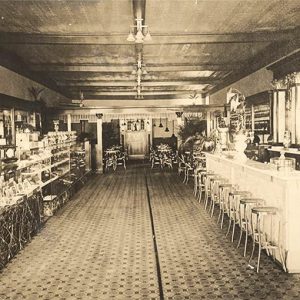 Frisby's
Frisby's
 "Frisco" Railway near Hardy
"Frisco" Railway near Hardy
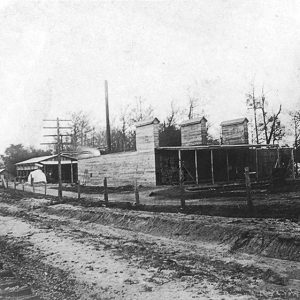 Frisco Stave Company
Frisco Stave Company
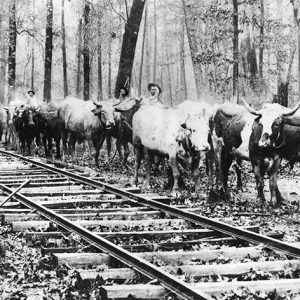 Frostville Sawmill
Frostville Sawmill
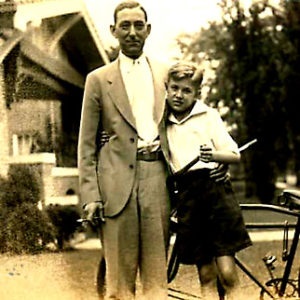 William Froug and Father
William Froug and Father
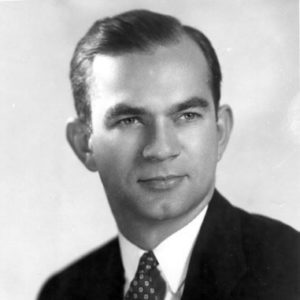 Bill Fulbright
Bill Fulbright
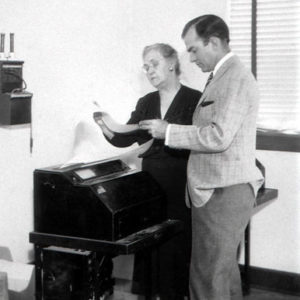 Roberta and Bill Fulbright
Roberta and Bill Fulbright
Fulbright, Roberta Waugh
Fulks, Clay
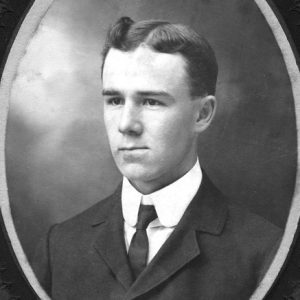 Claude Fuller
Claude Fuller
Fuller, Claude Albert
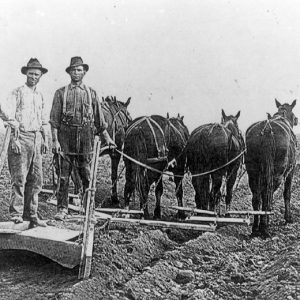 William Fuller on Levee Pusher
William Fuller on Levee Pusher
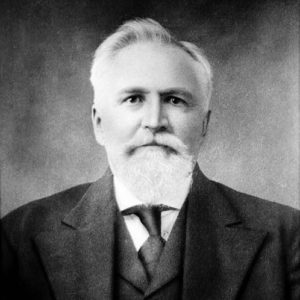 William Fuller
William Fuller
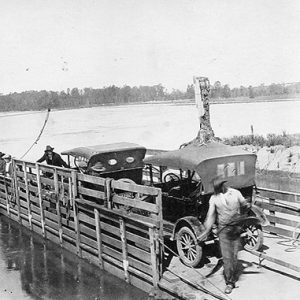 Fulton Ferry
Fulton Ferry
 Fulton 1927 Flood
Fulton 1927 Flood
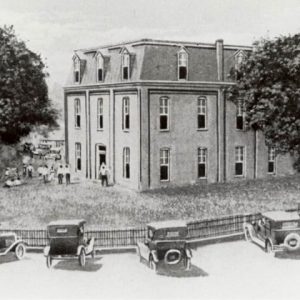 Fulton County Courthouse
Fulton County Courthouse
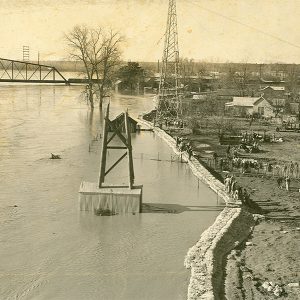 Fulton Flood
Fulton Flood
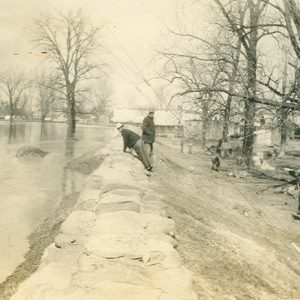 Fulton Levee
Fulton Levee
 Fundraising Button
Fundraising Button
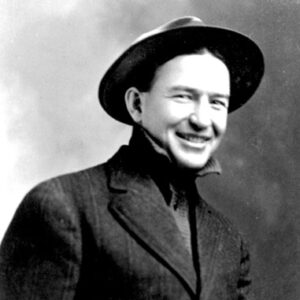 Erwin Funk
Erwin Funk
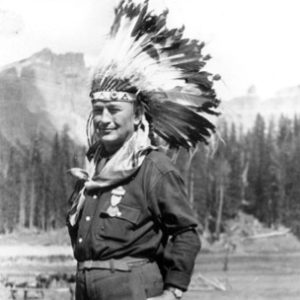 Erwin Funk
Erwin Funk
Funk, Erwin Charles
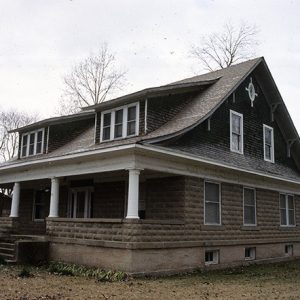 Hubert and Ionia Furr House
Hubert and Ionia Furr House
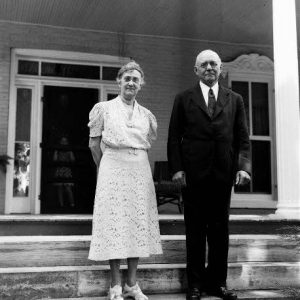 John Futrall
John Futrall
Futrall, John Clinton
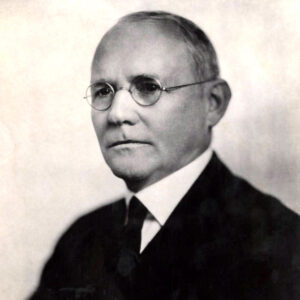 John Clinton Futrall
John Clinton Futrall
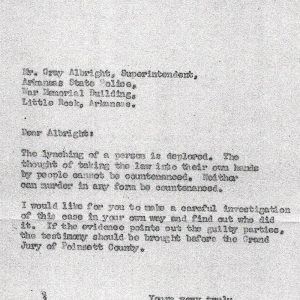 Futrell Letter
Futrell Letter
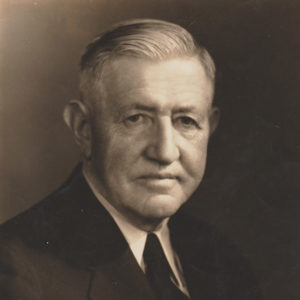 J. M. Futrell
J. M. Futrell
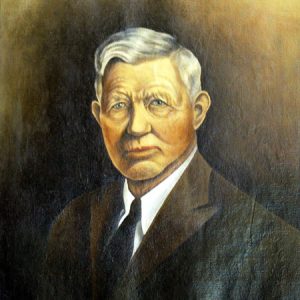 Junius Futrell
Junius Futrell
Futrell, Junius Marion
aka: J. Marion Futrell
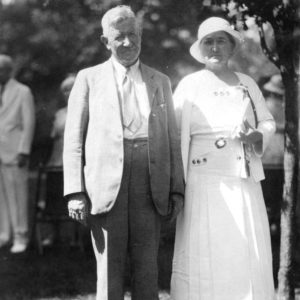 Futrells
Futrells




